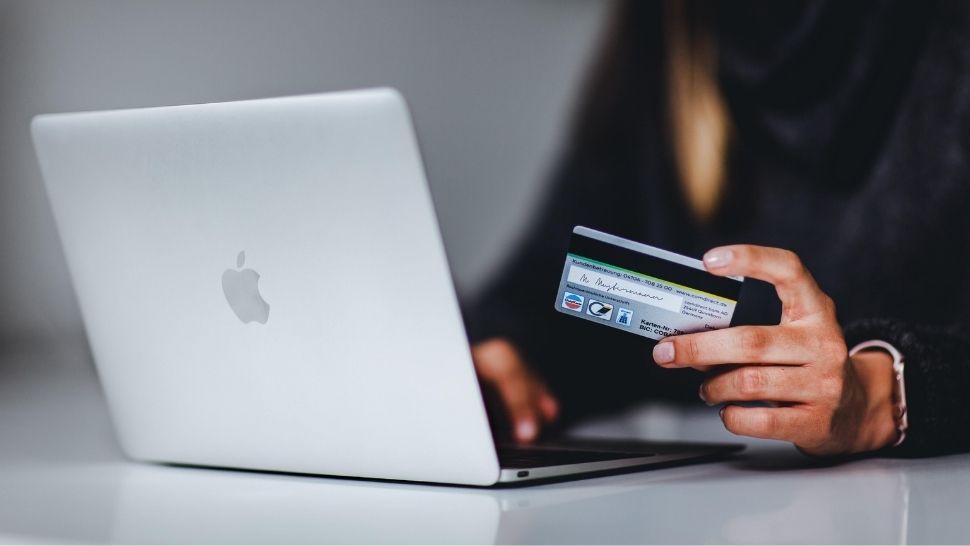A credit card is a powerful financial tool that is easily available to most people. When used properly, they can help build your credit score, while also offering the convenience of making purchases online or in just about any store. However, if used improperly, a credit card can cause you serious problems. These include overspending, amassing large debts, and hurting your credit score.
Whether you’re thinking about getting your first credit card or have been using them for years, it’s important to understand the right and wrong ways to use your card. The following are some basic tips to help you get the most out of your credit card while avoiding problems.
Right Ways to Use Your Credit Card
Using a credit card responsibly is one of the best ways to increase your credit score. In fact, making frequent credit card purchases and making your payments on time can boost your score significantly.
It’s also important to understand that your credit score can greatly affect your ability to secure loans, rent a home or apartment, and in some cases, your ability to get a job. A strong credit score will allow you to establish a pattern of responsible borrowing, which can be critical to your financial well-being.
2) Be Sure to Make All Your Payments on Time
On-time payments are an absolute must. Late payments can cause many problems, including late fees, an increased interest rate, lowering your credit score, and increasing the amount of your insurance payments. Bottom line–make sure to make your payments on time, every time.
3) Earn Rewards
Nowadays, some credit cards offer you valuable rewards. Just by using your card, you can get cash back, airline points or miles, and rewards at specific businesses such as restaurants, supermarkets, and more. This is a great way to get something back just for making purchases of things you need.
4) Finance an Unexpected Emergency
Because credit cards allow you to pay for a purchase over time, there may be situations when you can use them to pay for an unexpected emergency. It could be a major car repair, a broken appliance, etc. While it’s best to use your emergency savings first (that’s what it’s there for), if you absolutely have to, you can use a credit card. Just make sure you pay off the purchase as soon as possible. And remember, we’re talking about things you absolutely need, not something you simply want.
5) Monitor the Amounts You Put on Your Card
It’s very important to track your spending when you use credit cards. It’s easy to lose track of how much you’re spending each month–which can cause you to go over your budget and run up too much debt. Many people don’t realize just how much they are spending each month until they get their credit card bills. A good rule of thumb is to only charge up to 30% of your credit limit. This will help keep your revolving utilization low, and keep your credit score higher! Monitoring is also a good way to spot credit card fraud, because you’ll be able to see purchases on your bill that you did not make.
6) Make Sure You Can Afford Your Purchases
Having a credit card is great–but you must guard against overspending. Make sure you only spend what you can afford to pay off right away (it’s easy to overspend when you don’t have to hand over the cash immediately). Don’t make impulse purchases. You may see something you’d love to have–but stop and think about whether you can really afford it. Avoid store credit cards (they make it too easy and tempting to overspend). Plus, the interest rates on store cards are much higher than your credit union card. One of the best ways to avoid overspending is to meet with a credit counselor one-on-one so you’ll know how to use your card properly.
Wrong Ways to Use a Credit Card
1) Only Making Minimum Payments
Failing to pay your credit card bill in full every month can cause you to pay substantial interest charges and may also lead to debt. There may be times when you can only make a minimum payment, but you absolutely must not make a habit of this. Making only minimum payments can also greatly increase the time it takes to pay off your debt.
2) Missing a Payment
This is one of the worst mistakes you can make with your credit card. Missing payments (or even making late payments) can cause a serious drop in your credit score. It can also cost you a late fee, cause your interest rates to rise, and could end up on your credit report. You can avoid missed payments by setting up autopay or using calendar reminders or email notifications to yourself.
3) Taking Cash Advances
Cash advances are never a good idea. The interest on the amount of cash starts to accrue immediately. It may also result in an additional fee, lower your credit score, and cause a higher APR. Cash advances can also make it more difficult to pay off your balance at the end of the month.
4) Maxing Out Your Card
When you use all (or the majority) of your available credit, your credit score may be lowered significantly. It’s especially bad if it’s your only credit card, because that will cause you to have a 100% credit ratio. This may cause lenders to list you as a bad risk. Maxing out your card can also trigger a penalty rate (which raises your credit card’s interest rate). Penalty rates can make it hard to pay off your balance.
5) Closing a Credit Card
One of the things that affects your credit score is the average length of time you have had credit. Closing out a credit card will lower this average–which, in turn, can lower your credit score. Closing a card will also have a bigger negative impact if you haven’t had credit for long or if you only have a few cards. Because of this, you should avoid closing out credit cards if possible.
Credit cards offer you many benefits–but can also pose some risks. We hope these tips will help you to make the most of your credit cards and build a stronger financial future.
How many of these right and wrong ways to use a credit card did you know?
Once a Pelican State CU member, always a member—through life’s milestones, we’ll always be there to help you with your financial needs. Your Financial Family for Life. Give us a call at 800-351-4877.



